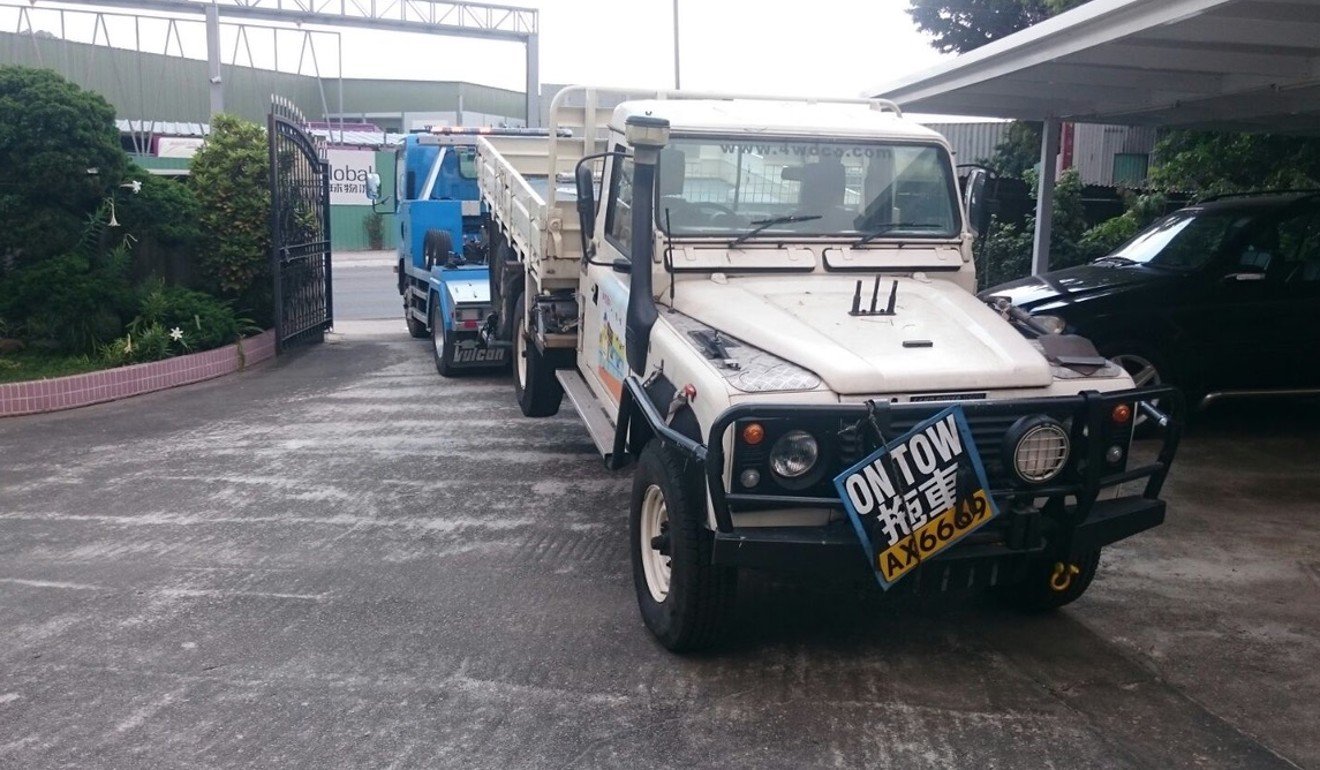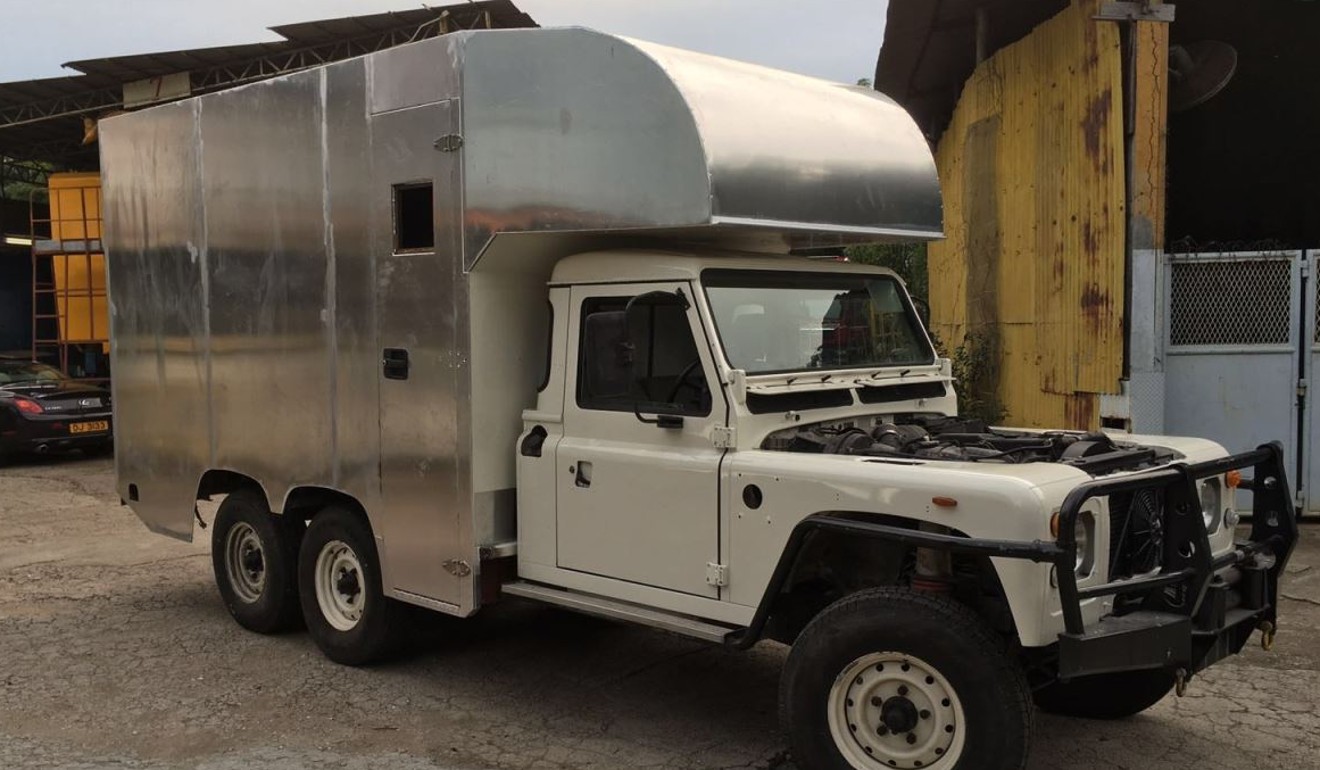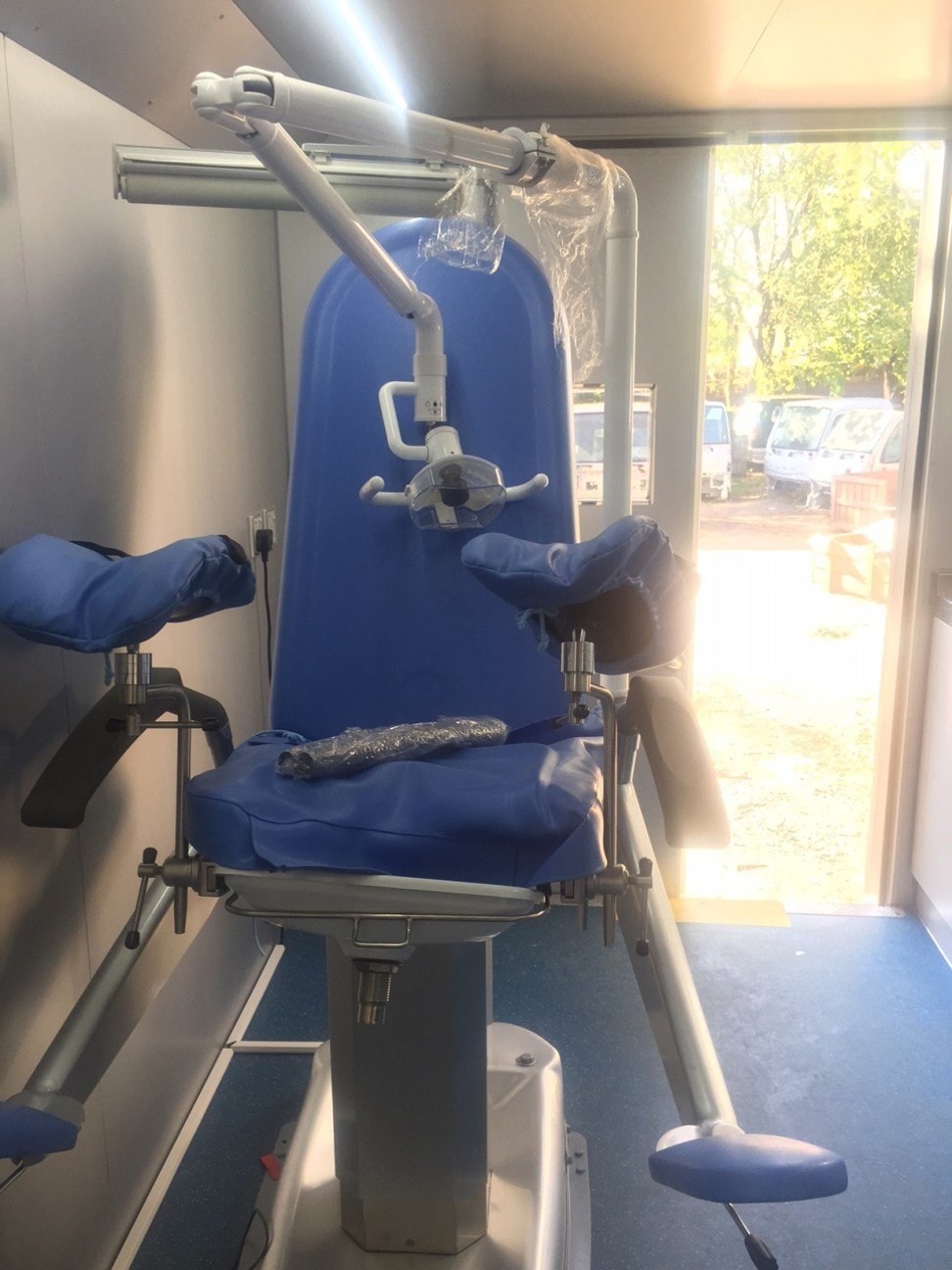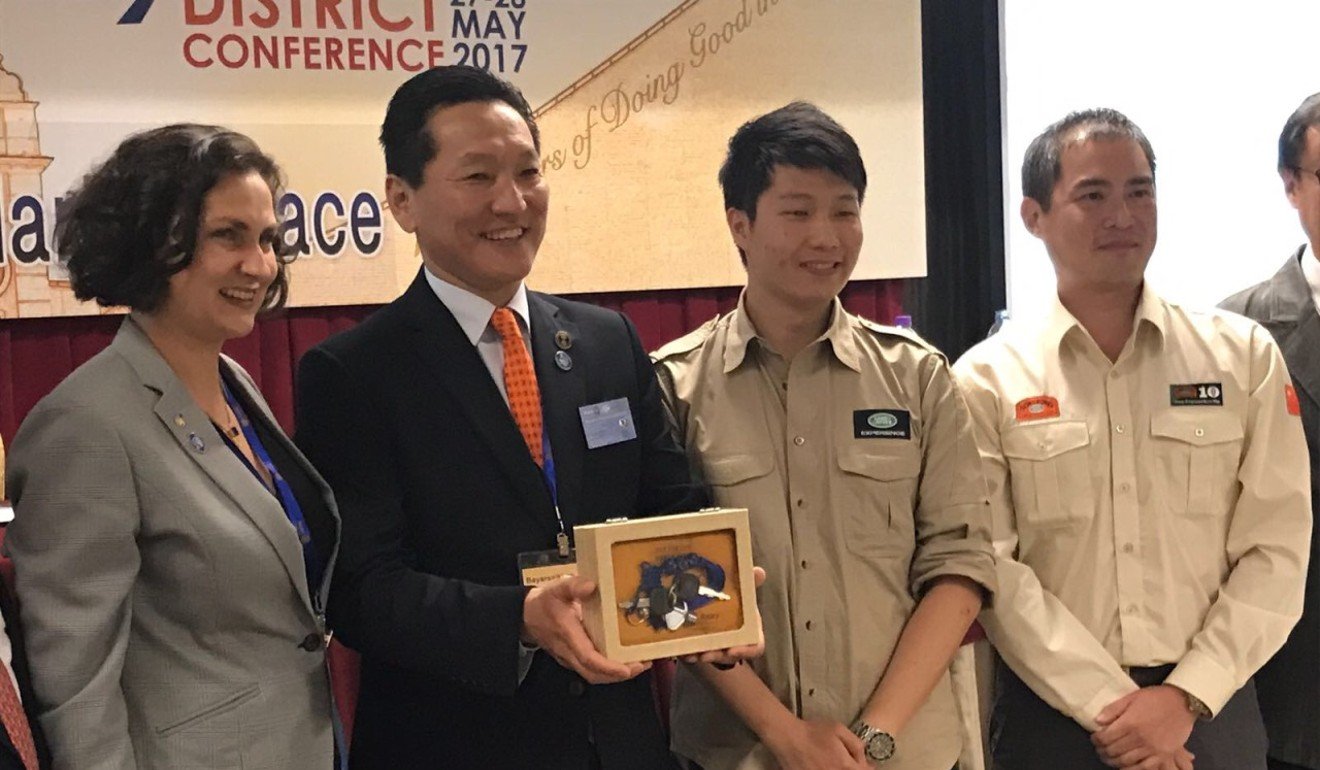
Hong Kong’s Rotary and Land Rover clubs turn an old truck into a mobile clinic for Mongolia’s poor
Clubs raise over HK$800,000 to renovate Aussie six-wheel drive and send it on a cancer-screening mission to Ulan Bator

Hong Kong’s Rotarians could soon save more lives, with the help of the city’s Land Rover community. For the past 18 months, they have given a tired Aussie six-wheel-drive truck a new mission – as an urgently needed mobile clinic in the poor outskirts of Ulan Bator and the rugged wilderness of its surrounding steppes.
The project stemmed from the Rotary Club of Hong Kong’s 86-year-old charity fundraising tradition, in which the 60-member club has funded more than 220 community projects worth a cumulative value of HK$61 million. One of these causes has been “Test for Life”, which since 2006 has partnered Hong Kong Rotarians on regional projects with counterparts in Taiwan, South Korea and Mongolia. The partnership’s Mongolian arm has been active under the supervision of obstetrician and gynaecologist Bayarsaikhan Mongol, who is a charter president of the Rotary Club of Ulaanbaatar Central.

With Rotary members and regionally funded equipment, Bayarsaikhan’s team has tested more than 30,000 women in the country’s poor and remote areas over the past 10 years, “saving close to 1,800 lives, thanks to early detection”, says Marta Dowejko, the Polish president of the Rotary Club of Hong Kong.
“This clinic will provide screening and treatment services against cervical cancer and is set to influence behavioural changes for an improved quality of life and better health in Mongolian women,” says Dowejko, a professor of entrepreneurial studies at Hong Kong Baptist University. “According to the World Health Organisation, cervical cancer is the second-most common type of cancer in women worldwide. Due to poor access to screening and treatment services, more than 90 per cent of deaths occur in women living in low- and middle-income countries.”

The “Test for Life” project began with a US$12,000 global grant from Rotary International in 2005, and the cause’s local fundraising continued well into 2013, when the Rotary Club of Hong Kong received HK$300,000 from Prince Jewellery & Watch and contributions from the Hong Kong Land Rover Club’s members. Funds for a mobile clinic grew to “over HK$800,000” to cover the purchase of the truck and its refit, Rotarians said.
The Land Rover club scoured Hong Kong for off-roaders suitable for rugged Mongolia and in December 2014 found three six-wheel-drive former Hong Kong Police bomb squad vehicles in a Kam Tin scrapyard. However, the Land Rover community’s hopes of cannibalising the old 6x6s to create one rebuild were dashed in February 2015, when the scrapyard gazumped the Rotarians on the day of the vehicles’ sale.
The club renewed its search and the Rotarians’ hopes were fading, until local Land Rover gossip revealed that an off-road collector had bought a 1980s or 1990s Land Rover 161. The Rotarians bought the 6x6 of uncertain age without paperwork – for HK$300,000, but its condition was tatty and needed to be towed for a complete refit.

In September 2015, the Rotary Club of Admiralty and local Land Rover dealers British Motors joined the project. British Motors committed to contributing a further HK$250,000 to refit the vehicle for its mission and the Land Rover club matched this amount. The 3.9-litre diesel 6x6 needed work but it was solid, and local off-roaders guess it was built by Jaguar Land Rover Australia in Moorebank, New South Wales, where many 4x4s and 6x6s were built for the Australian army.
British Motors has connections with a local body workshop and lined up suppliers, says its representative, Randoll Leung. Meanwhile, the Land Rover club’s wilderness veterans offered rebuild design ideas. The project was a big job, the club’s president Charles Yung says.
“The key challenge at this stage was that the purchased vehicle was custom-built, so no proper specification was available,” he says. “We had to rework the cooling system, which was comparable to tackling an ultra-complex set of Lego bricks with no instructions provided. A tremendous amount of work has been done.”
The truck’s pick-up platform gradually made way for a custom-made cabin.
“We also had to make sure that the car is reliable and roadworthy, so engine, braking system and rewiring work was carried out,” Yung adds. “Its paint job was done at the same time to save time and money. Then we installed a power generator, air-conditioning unit, lighting and water supply systems for clinical use.”
The Rotarians then filled the new cabin to Bayarsaikhan’s clinical specifications.
The clinic required a specialist light mobile multidisciplinary examination table to perform checkups and minor treatments, “including gynaecological and general examinations, Pap smear tests, ultrasound and electrocardiography”, says Dowejko, a local Rotarian since November 2013. “Additionally, some counter space for the medical equipment, testing and storage was needed.”

The mobile clinic’s electrical work was expected to withstand the simultaneous use of two or three low-voltage pieces of medical equipment, in addition to providing proper lighting and enough electricity to power wall or head medical torches, she adds. “Also, running water was necessary to provide proper hygiene in the clinic and for medical procedures. A good thermo-isolation and air conditioning are [also] required [as] the clinic has to be as warm as possible in winter time and not too hot in the summer season.”
After further mechanical tweaks, Dowejko on May 27 presented the new mobile clinic’s keys to a delighted Bayarsaikhan on behalf of the Rotary Club of Hong Kong at the annual Rotary conference in L’hotel Nina et Convention Centre in Tsuen Wan.
Hong Kong Rotarians are expected to deliver the refurbished off-roader to Ulan Bator by December, with the Land Rover club and British Motors in support.
However, Hong Kong Rotarians hope to take this project even further in the next few years. Having turned a US$12,000 grant into a US$120,000 mobile clinic, they now want to raise US$1.2 million for “Test for Life”.
“We would like to appeal to South China Morning Post readers to make this dream come true,” Dowejko says.
Donations can be made to Rotary Club of Hong Kong Golden Jubilee Fund or at any branch of Bank of East Asia (account number: 015-51440-37856-9). Inquiries: [email protected]